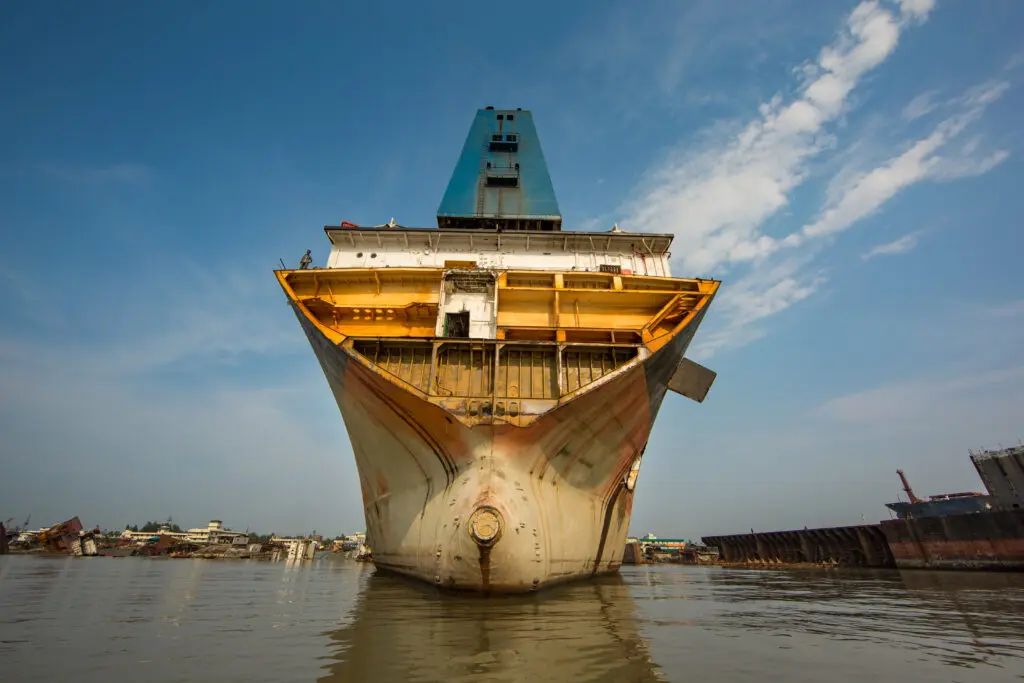The European Commission is consulting on the EU Ship Recycling Regulation to gather views from shipowners, recyclers, industry, national authorities and others ahead of a possible revision.
It says feedback will help an ongoing evaluation of the regulatory framework for the recycling of EU-flagged ships that has been in place since 2013.
‘The evaluation aims to assess how well the regulation has been applied and its impact to date, assess how well it contributes to the general policy objectives of the European Green Deal and the Circular Economy Action Plan, and identify shortcomings in its implementation and enforcement, says a press release.
The EC notes that many ships are dismantled outside the EU ‘under conditions that are often harmful to workers’ health and the environment’. It points out the EU’s Ship Recycling Regulation is the only dedicated legally binding framework regulating ship recycling at international level and is intended to significantly reduce the negative effects of recycling EU-flagged ships. Responses to the consultation, it adds, may lead to revision process of the regulation.
The campaigning group Shipbreaking Platform reports that more than 70% of obsolete ships end up in South Asia, where they are broken under rudimentary conditions on the beaches of Alang-Sosiya in India, Chattogram in Bangladesh and Gadani in Pakistan using a practice known as ‘beaching’.
‘The human costs and the environmental impacts of beaching are devastating and the negative consequences of the shipbreaking industry in these countries are felt by many,’ it says. ‘On the one hand, workers, often exploited migrants, lose their lives and suffer injuries and occupational diseases due to unsafe working conditions and exposure to toxic substances. On the other hand, coastal ecosystems and the local communities depending on them are devastated by toxic spills and other types of pollution.’
Interested parties are invited to share their views in an online public consultation that runs until 7 June.
Don't hesitate to contact us to share your input and ideas. Subscribe to the magazine or (free) newsletter.



